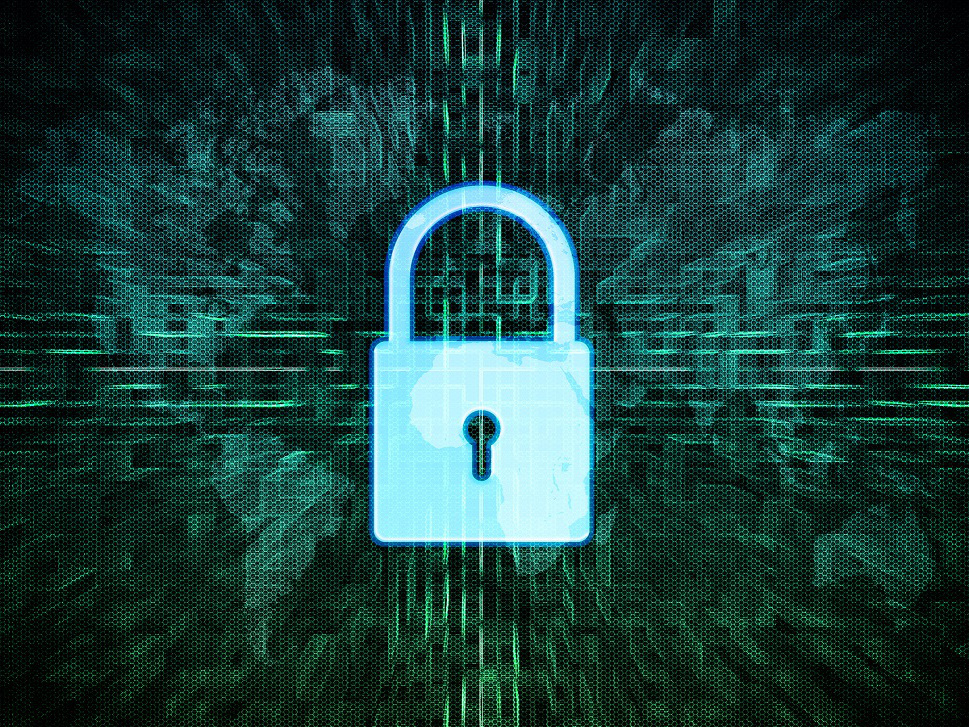We need a new language to talk about data security
Human error can only be overcome when the human understands what it is doing wrong


Sign up today and you will receive a free copy of our Future Focus 2025 report - the leading guidance on AI, cybersecurity and other IT challenges as per 700+ senior executives
You are now subscribed
Your newsletter sign-up was successful
How do you get people to support or reject a concept they don't understand?
This is one of the biggest challenges facing those working in cyber security and online privacy. As with many specialist subjects, those involved in the area know what 2FA is, what encryption is, what metadata is, and why these things are important. So it can be hard to explain what we mean to people who aren't involved in this technology and even harder to make them care despite the importance of these concepts in our everyday lives.
When we think about the weakest link in the cyber security chain the squishy, fleshy bit behind the keyboard maybe we need a fresh approach to encouraging best practice.
This was a point made very eloquently yesterday at a the launch of the Digital Bill of Rights campaign by Icelandic MP Birgitta Jnsdttir.
"The task," she said, "is to get [people to care about] all these abstracts like metadata nobody's really going to feel emotional about that nobody's going to feel 'oh yes, I have to fight for my metadata!'. Even the word net neutrality, what the hell does that mean?
"We have not done good enough work in order to take all these abstracts and make them metaphors to stuff that people will really feel very passionate about protecting. Like when you say 'book burning' - you will fight to stop the book burning, but there are book burnings happening every day in every library in the world when stuff is taken offline or when Wikipedia is changed for political means."
The interaction between language, understanding and perceived reality, has been the subject of endless discussion in the field of linguistics for centuries, but it's not something that I've thought much about since leaving university especially not in my work life. But perhaps I should have been.
When we think about the weakest link in the cyber security chain the squishy, fleshy bit behind the keyboard maybe we need a fresh approach to encouraging best practice. Maybe we need Birgitta's better metaphors not just to help people better understand their digital rights in the face of legislation such as the Investigatory Powers Bill, but also to help them better understand what security really is and why it's important. To answer the question 'what the hell does 'strong password' even mean?' in a way that people can actually understand and that will make them care.
Sign up today and you will receive a free copy of our Future Focus 2025 report - the leading guidance on AI, cybersecurity and other IT challenges as per 700+ senior executives
This isn't about infantalising workers it isn't even, necessarily, about providing more training. It's about raising their awareness of the issues and, perhaps more importantly, increasing the value they place on security and privacy personally. Of course, this won't stop all breaches, but it may at least help recruit everyday workers into the ranks of security, decreasing basic errors like weak or reused passwords, and also help reduce push-back against the IT department and security policies through something more meaningful than "because it's good for you".

Jane McCallion is Managing Editor of ITPro and ChannelPro, specializing in data centers, enterprise IT infrastructure, and cybersecurity. Before becoming Managing Editor, she held the role of Deputy Editor and, prior to that, Features Editor, managing a pool of freelance and internal writers, while continuing to specialize in enterprise IT infrastructure, and business strategy.
Prior to joining ITPro, Jane was a freelance business journalist writing as both Jane McCallion and Jane Bordenave for titles such as European CEO, World Finance, and Business Excellence Magazine.
-
 Scalper bots are running riot as memory shortages continue
Scalper bots are running riot as memory shortages continueNews DataDome says bots are driving up the price of DRAM even further thanks to AI demand
-
 Xiaomi Pad 8 Pro review
Xiaomi Pad 8 Pro reviewReviews Xiaomi's newest entry offers strong performance, a vibrant 11-inch screen and a blockbuster battery life to maximize productivity